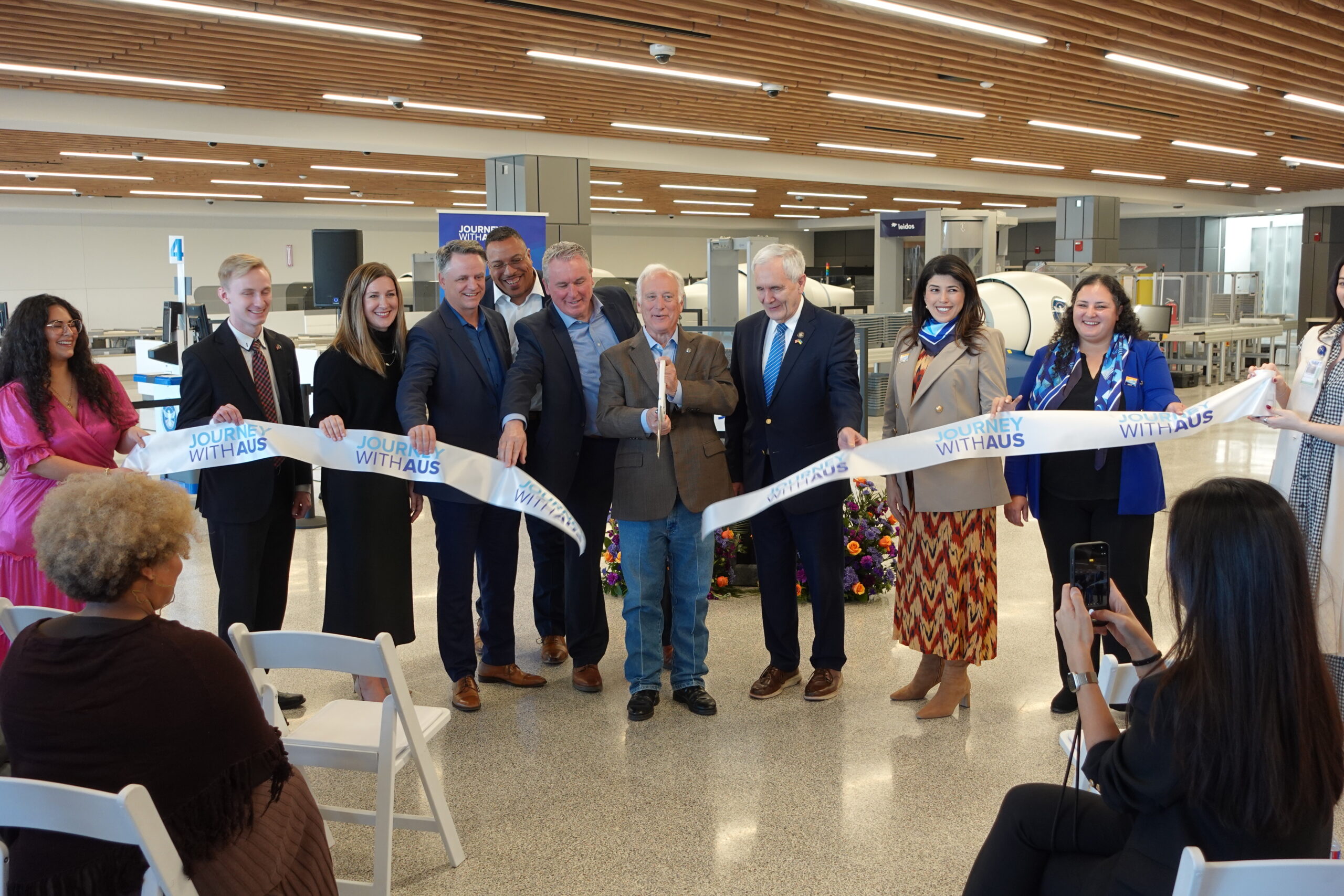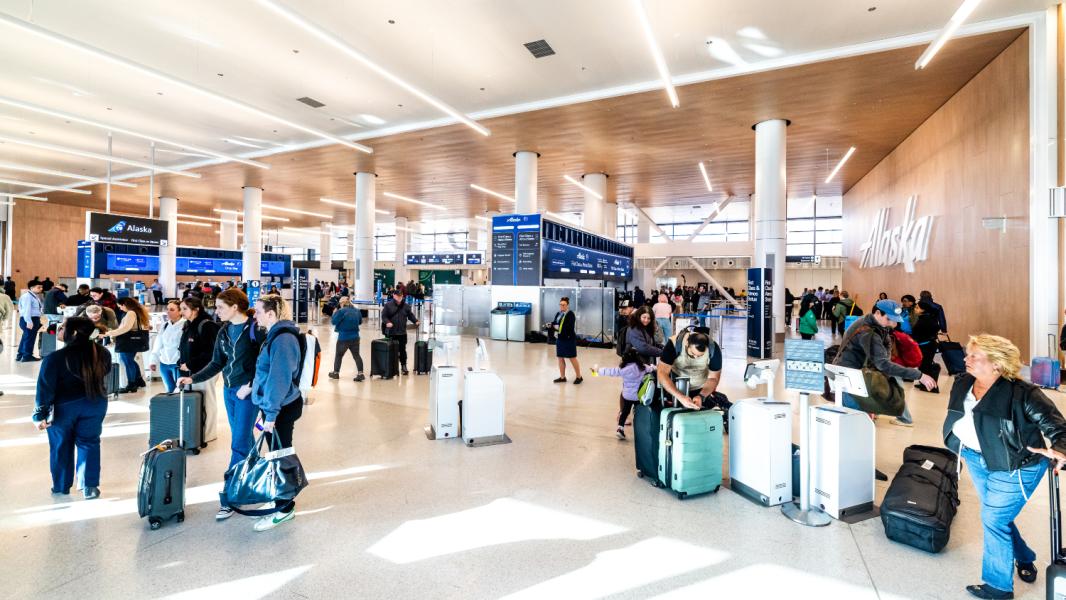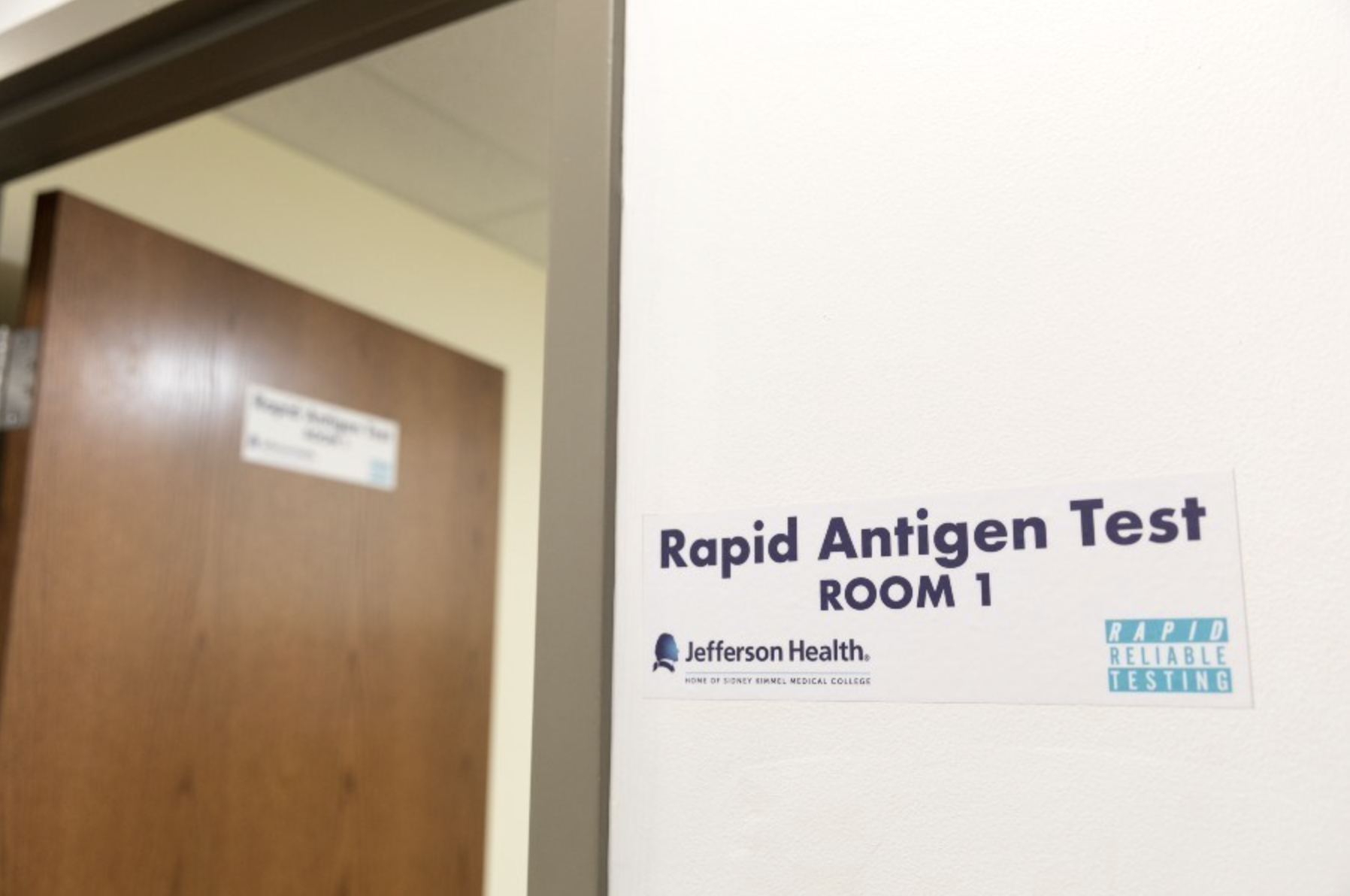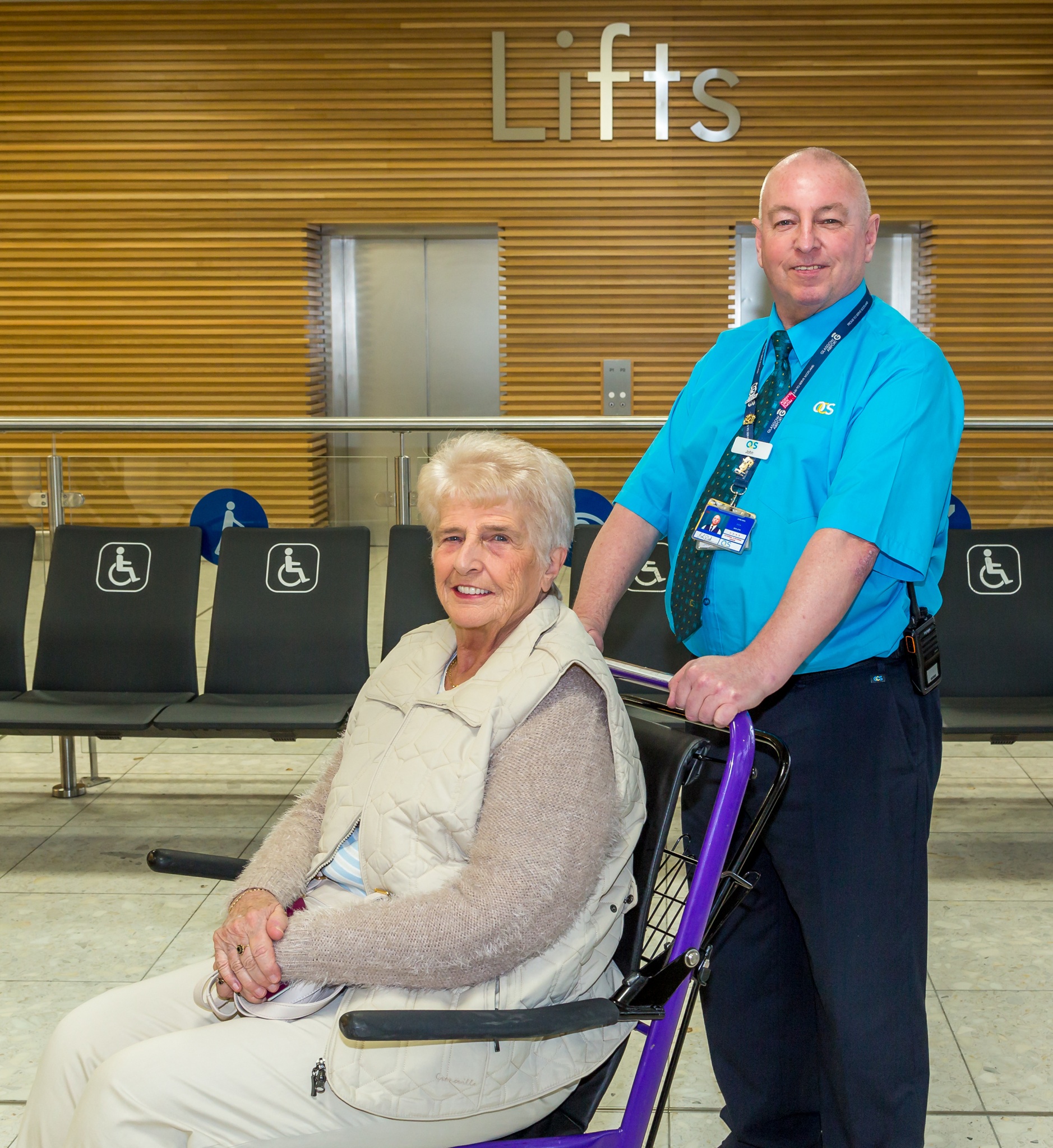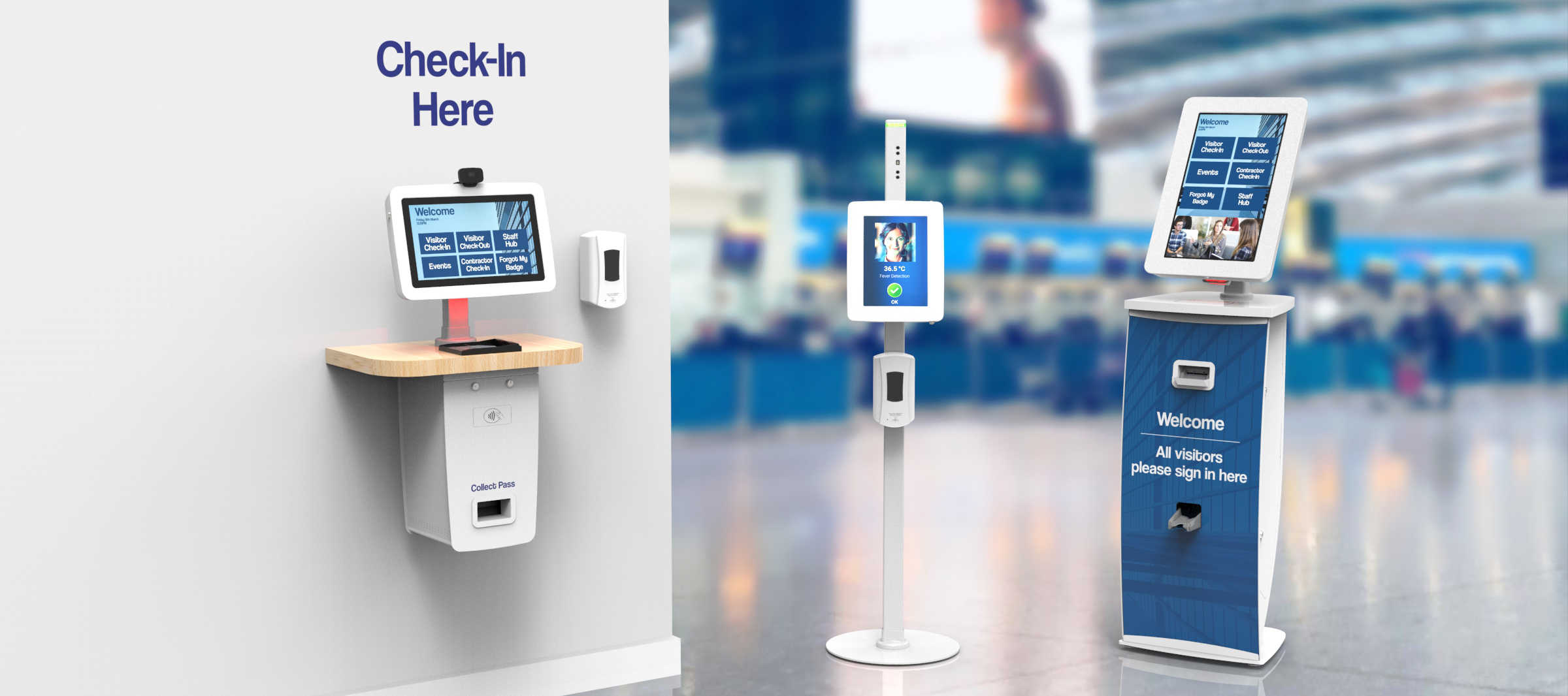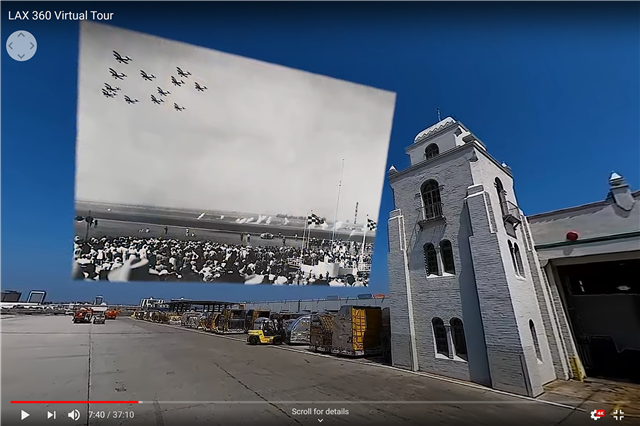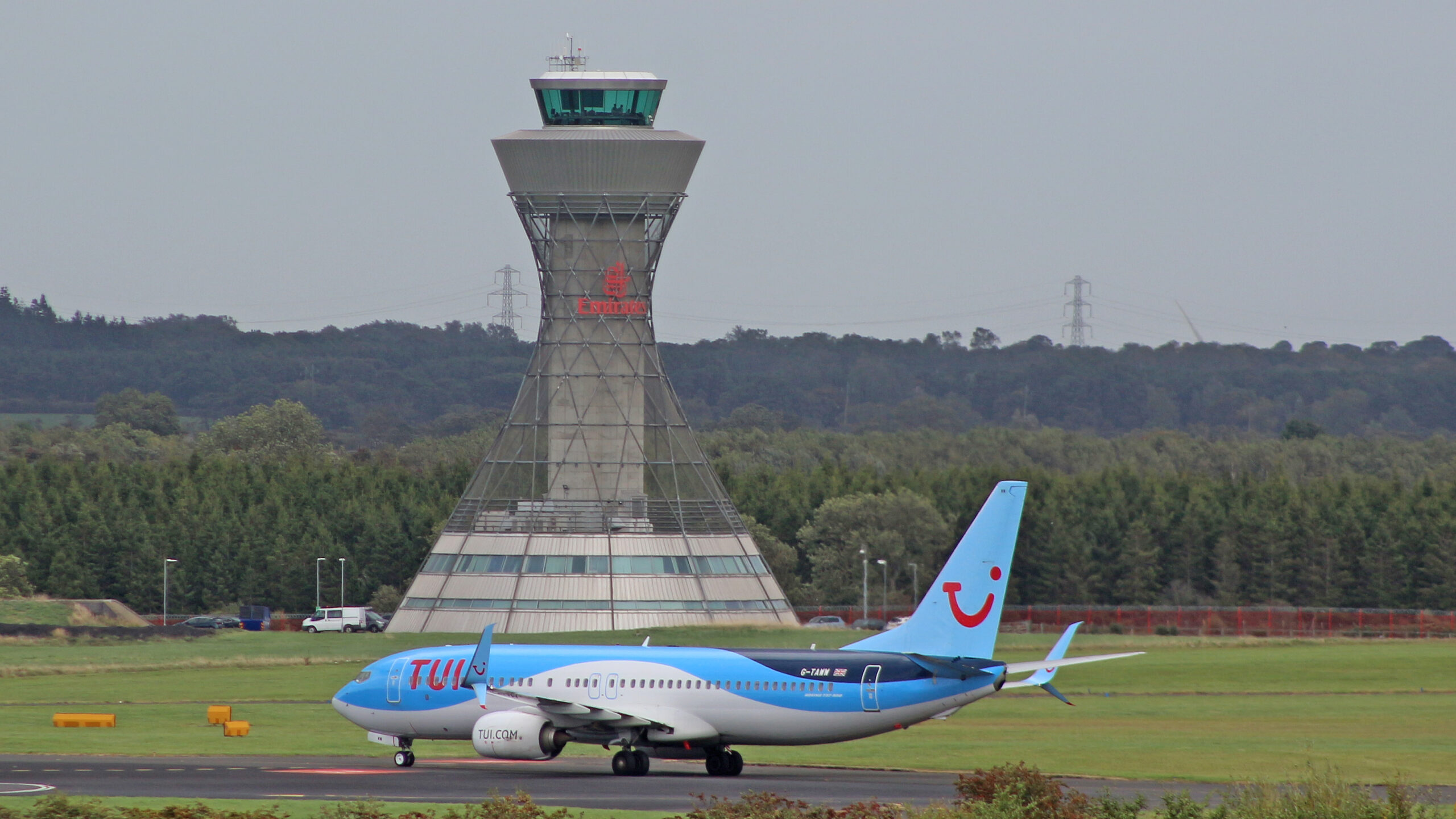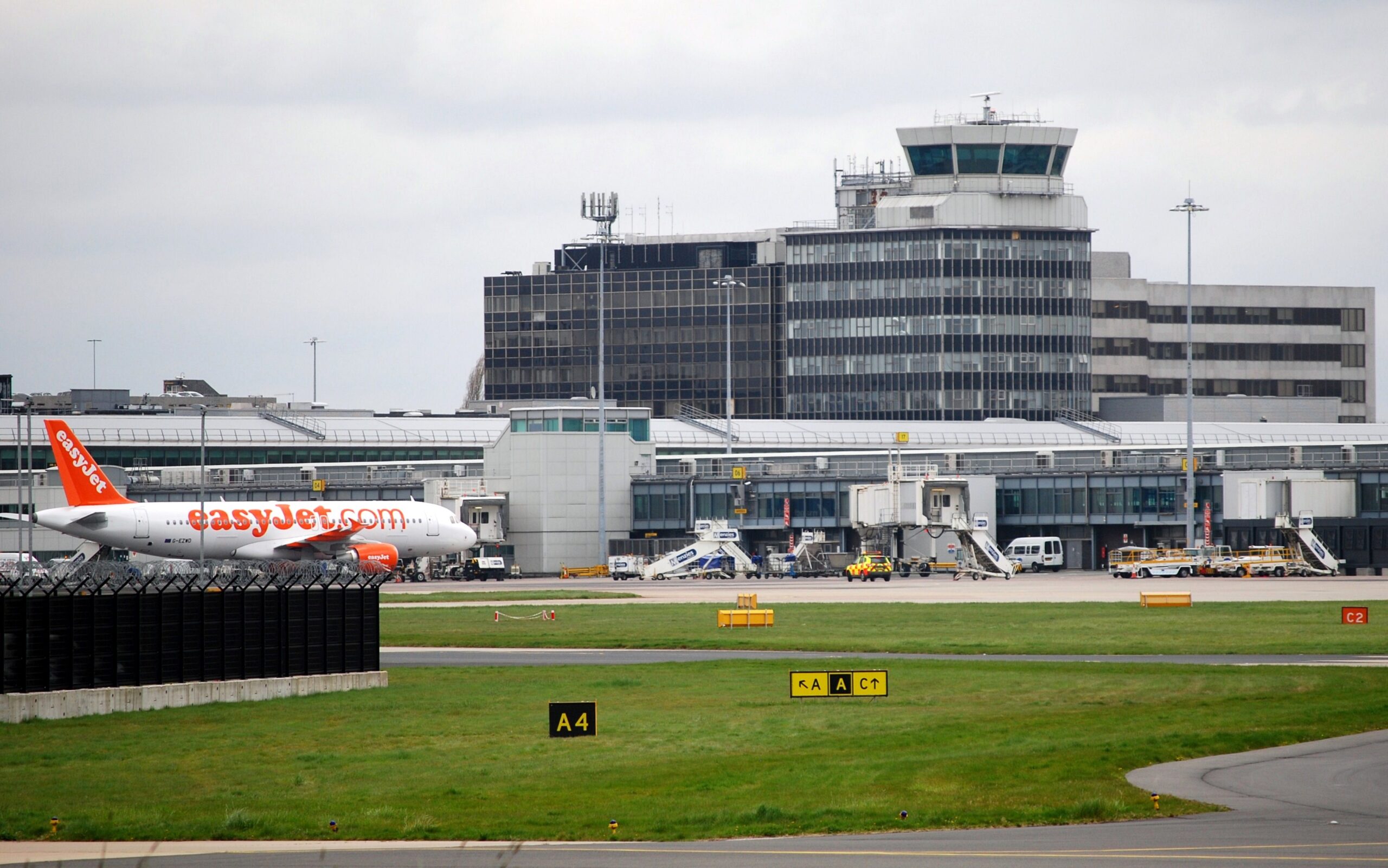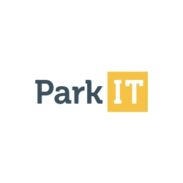United Launches Virtual, on Demand Customer Service at the Airport
United passengers will soon have access to virtual, on demand customer service at the airline’s hubs, giving people an easy, contact-free option to get real-time information and support. Customers can access “Agent on Demand” on any mobile device to call, text or video chat live with an agent and get answers on everything from seat assignments to boarding times. Agent on Demand is currently available at Chicago O’Hare and Houston’s George Bush International Airports and is rolling out to United’s hubs by end of year.
United's Executive Vice President for Technology and Chief Digital Officer, Linda Jojo, said:We know how important it is for our customers to have more options for a contactless travel experience and this tool makes it easy to quickly receive personalized support directly from a live agent at the airport while maintaining social distancing. Agent on Demand allows customers to bypass waiting in line at the gate and seamlessly connect with customer service agents from their mobile device, ensuring they continue to receive the highest levels of service while also prioritizing their health and safety.
Customers can scan a QR code displayed on signage throughout United’s hub airports, or access the platform through self-service kiosks at select gate areas at Chicago O’Hare and Denver International Airports. From there, customers will be connected to an agent by phone, chat or video, based on their preference. Customers can ask any question they would typically direct to a gate agent, including questions on seat assignments, upgrades, standby list, flight status, rebooking and more. Agent on Demand provides an extra level of convenience to customers, who can now easily connect with an agent while anywhere in the airport instead of waiting in a line at the gate. Additionally, translation functionality is integrated in the chat function allowing customers to communicate with agents in more than 100 languages. Customers can type in their preferred language and the messages will be automatically transcribed in English for the agents and in the selected language for the customer.
United was the first airline to debut this technology, which allows a variety of United agents to respond to inquiries, giving gate agents more time to provide caring service to customers, and complete other critical pre-departure tasks.
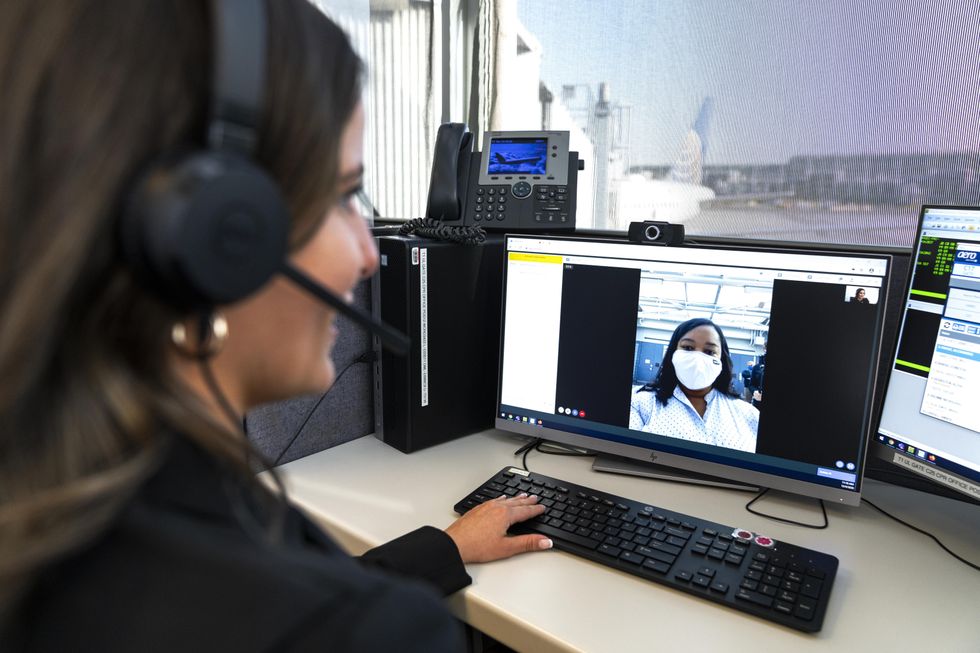
Agent on Demand is the latest of many new technologies the airline has introduced to create a safer and more seamless experience for customers. United recently redesigned its mobile app with new enhancements intended to make travel easier for people with visual disabilities, introduced text alerts for passengers on standby and upgrade lists to reduce person-to-person interaction, and debuted a new chat function to give customers a contactless option to receive immediate access to information about cleaning and safety procedures.
Since the start of the pandemic, United has been a leader in enacting new policies and innovations designed to keep employees and passengers safer when traveling. It was the first U.S. airline to mandate masks for flight attendants, quickly following with all customers and employees. United was also among the first U.S. carriers to announce it wouldn’t permit customers who refused to comply with the airline’s mandatory mask policy to fly with them while the face mask policy is in place. United was also the first U.S. airline to roll out touchless check-in for customers with bags, and the first to require passengers take an online health assessment before traveling. United is applying Zoono Microbe Shield, an EPA-registered antimicrobial coating that forms a long-lasting bond with surfaces and inhibits the growth of microbes, to its entire mainline and express fleet before the end of the year.
The latest research, including a recent study conducted by the U.S. Department of Defense, shows COVID-19 exposure risk on board United aircraft is almost zero due to the airline’s advanced air filtration systems, mandated mask policy and diligent cleaning protocols.
This article was originally published by United.




